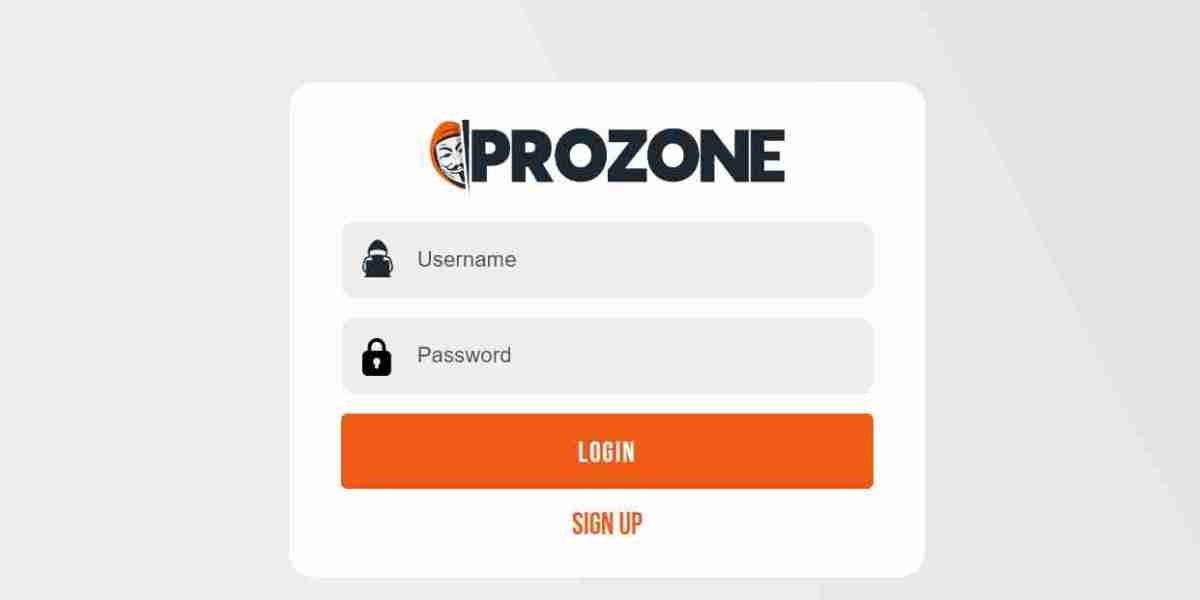In the fast-evolving digital landscape, safeguarding our financial information has become more crucial than ever. For many, understanding the intricacies of credit card security is essential to protect against potential threats. In this context, terms like "dumps," "CVV2," and platforms like Prozone.cc frequently come up. But what do these terms mean, and why should you care?
Dumps are pieces of data stolen from the magnetic stripes of credit cards. This data typically includes the card number, expiration date, and sometimes even the cardholder's name. Fraudsters use this information to create cloned cards, enabling them to make unauthorized transactions, which can lead to significant financial losses for the cardholder.
CVV2 codes are the three-digit numbers on the back of most credit cards (four digits on the front for American Express cards). These codes are used to verify that the person making an online purchase physically possesses the card. When these codes are stolen, often through phishing scams or data breaches, they allow cybercriminals to make fraudulent online transactions without needing the physical card.
Prozone.cc is a term often associated with platforms where such stolen information is traded. While such sites may offer a range of illicit services, it's important to understand the severe ethical and legal implications of engaging with them. Trading or using stolen credit card information is illegal and can result in heavy fines and imprisonment.
For consumers, protecting financial information is critical. Here are a few tips to enhance your security:
Monitor Your Accounts: Regularly check your bank statements for any unauthorized transactions. Promptly reporting any suspicious activity can help mitigate damage.
Use Secure Websites: When shopping online, ensure the website is secure (look for "https" in the URL) and reputable.
Be Wary of Phishing Scams: Never provide your credit card information in response to unsolicited emails or phone calls.
Use Credit Monitoring Services: These services can alert you to any unusual activity on your accounts, providing an extra layer of security.
Staying informed and vigilant is your best defense against the ever-present threats in the digital age. Understanding terms like dumps and CVV2, and being aware of platforms like Prozone.cc, can help you take proactive steps to protect your financial information.







